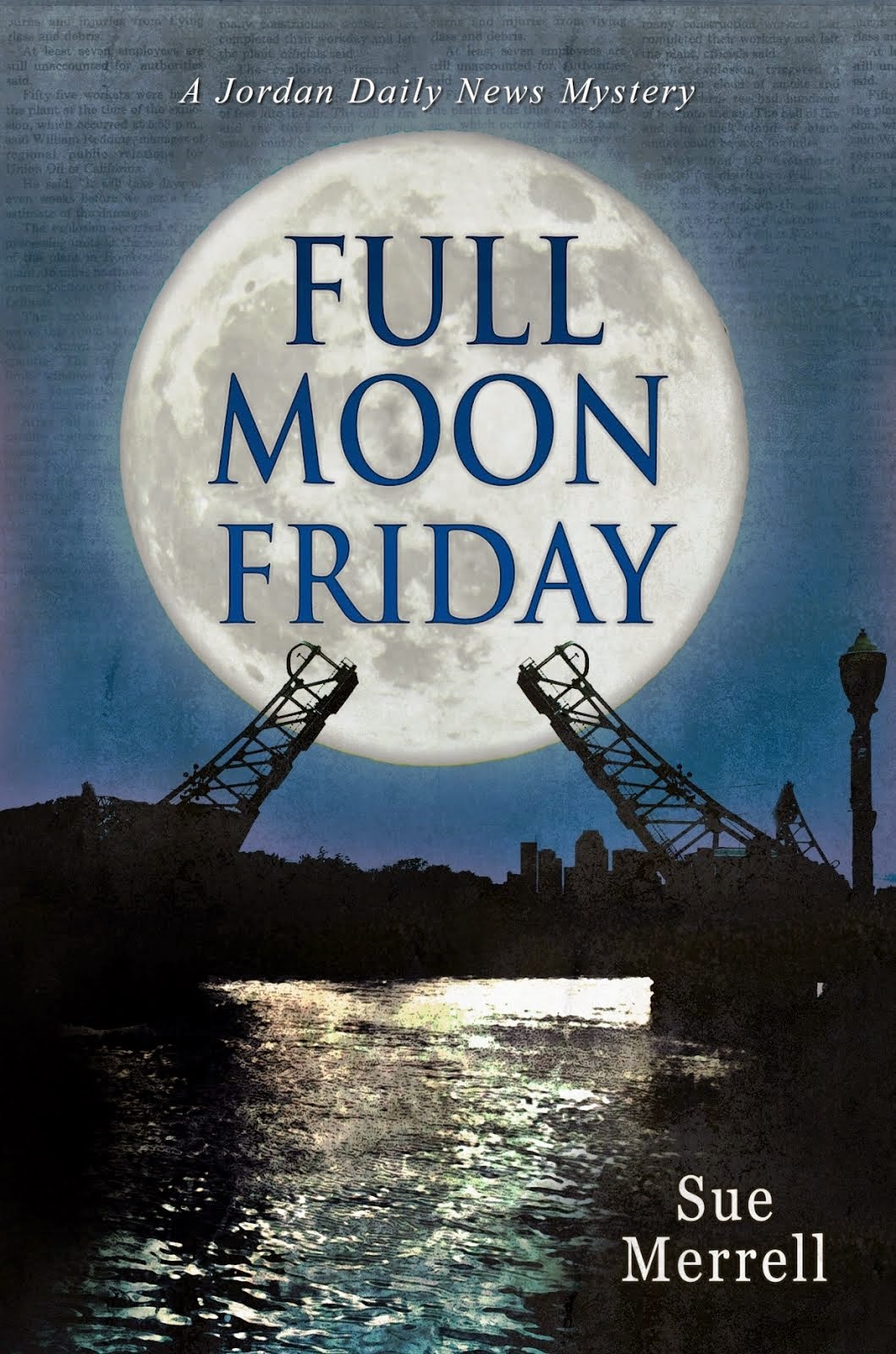Wednesday, January 14, 2015
When lightning strikes
I have several ancestors named William Merrell but only one who was "killed with lightning."
The unusual death has been reported in many family genealogies. I'm surprised no one ever questioned it.
The reports usually paraphrased the court record from 1740, since it is difficult to read, but basically it says Will was struck by lightning on the front porch of Sheriff Hunloke in Burlington, N. J. But that doesn't make sense. If he was struck by lightning out in his farmer's field or under a tree, I wouldn't have questioned it, but at the door of someone's house? Wouldn't the lightning have struck the house instead of the man? And what was he doing at the sheriff's house in Burlington, New Jersey, more than 20 miles from his home in Hopewell?
I suspect the answer to that last question has something to do with the Daniel Coxe Affair, a colonial land scandal which evidently is typical of the kind of corrupt British government that led the colonists to revolution.
Royal Physician Daniel Coxe purchased thousands of acres in West New Jersey for a few beads to the Indians. Then he transferred ownership to the West Jersey Society which surveyed lots and sold them to settlers. After Coxe died in 1730 his son, Col. Daniel Coxe, came to New Jersey and claimed the deed his father gave him superseded the West Jersey Society's deed. Hundreds of people in Hopewell -- who had spent 30 years clearing the wilderness and establishing farms -- were told their deeds were invalid. They would have to repurchase the farms or evacuate.
Fifty farmers -- including William's brothers and in-laws -- filed a class action suit against Coxe. The trial was moved to Burlington County where in December, 1734, the Royalist court sided with Coxe. When Hopewell farmers refused to repurchase their land they were forcibly removed. When new settlers were moved into these homes, an angry mob tarred and feathered the intruders. It was wilder than the night Ohio State won the national football championship.
William, who would have been in his 50s, lived on a 100-acre farm that had belonged to his first wife. She received her deed in 1698 from the West Jersey Society. After her death in 1728, Will remarried. By1735 he had three small sons, plus three grown daughters. No doubt his farm was about to be confiscated. Many farmers were arrested for failure to repurchase their property.
You can see by the attached Burlington court record that on May 2, 1740, Will was allowed to file a writ of habeas corpus -- being held against his will. As a memorandum the clerk adds that said Will was "killed with lightning at Sheriff Hunloke's door" on the 25th of June following...or almost two months later. "Lightning" was evidently the colonial euphemism for being murdered in police custody.
William's widow declined to serve as executor for her husband's estate. Here's an excerpt from her letter:
I am informed by my brother Benj'n Stout that you desire me to take an inventory of ye estate of Will'm Merrill deceased - which I do refuse to do or concern myself about that Estate which will only be a profitless trouble for me which I am not able to undergo.
I always thought her reply sounded spoiled and petty until I realized she isn't complaining about her deceased husband, she's complaining about the corrupt government which could overturn any inheritance anyway.
Subscribe to:
Post Comments (Atom)





No comments:
Post a Comment